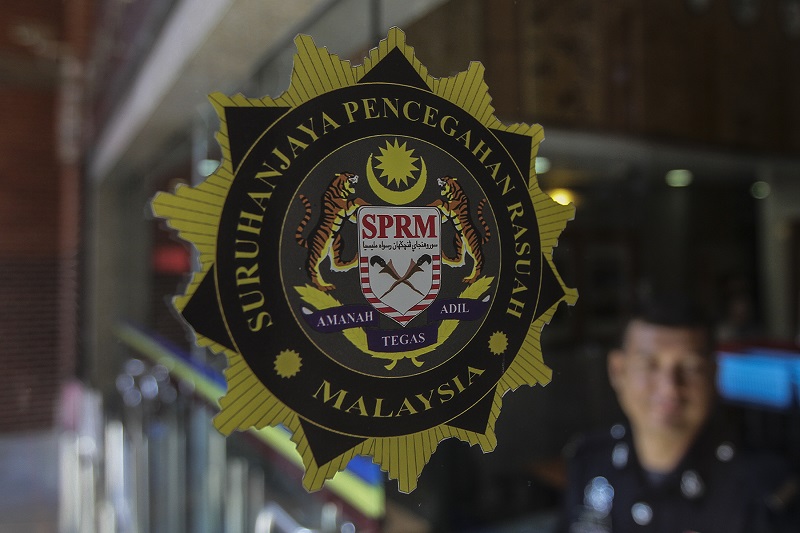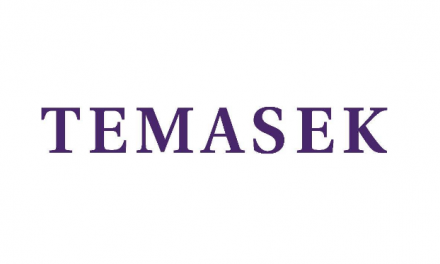PUTRAJAYA | The existence of corruption prevention procedures in commercial organisations won’t exempt them from any legal action if the procedures are not firmly and effectively implemented.
Malaysian Anti-Corruption Commission (MACC) investigation director Datuk Norazlan Mohd Razali said Section 17A of the MACC Act 2009 does not provide immunity to the corporate sector if the organisation is suspected to be involved in bribery, even though it already has its own corruption prevention procedures.
“For example, an organisation may have policies regarding such procedures, but do not have proper training to deal with bribery cases involving their employees and they also do not educate their staff. So, the procedures are ineffective and the company can be charged in court in the event of corruption.
“Adequate procedures must be effective in providing company employees with a proper understanding (of corruption),” he told Bernama at the MACC headquarters today.
Section 17A of the MACC Act 2009, which came into force on June 1, basically enables commercial organisations to be subjected to legal proceedings should their employees or associates commit corruption offences.
Norazlan said companies must have measures to combat corruption and abuse of power based on stipulated guidelines as provided on the Governance, Integrity and Anti-Corruption Centre (GIACC) website.
He said corporate companies or organisations must prepare these adequate procedures themselves based on the stipulated guidelines as well as by copying from other countries, like the United Kingdom.
“MACC does not prepare adequate procedures for any organisation, instead they must implement them based on the set guidelines,” he said.









